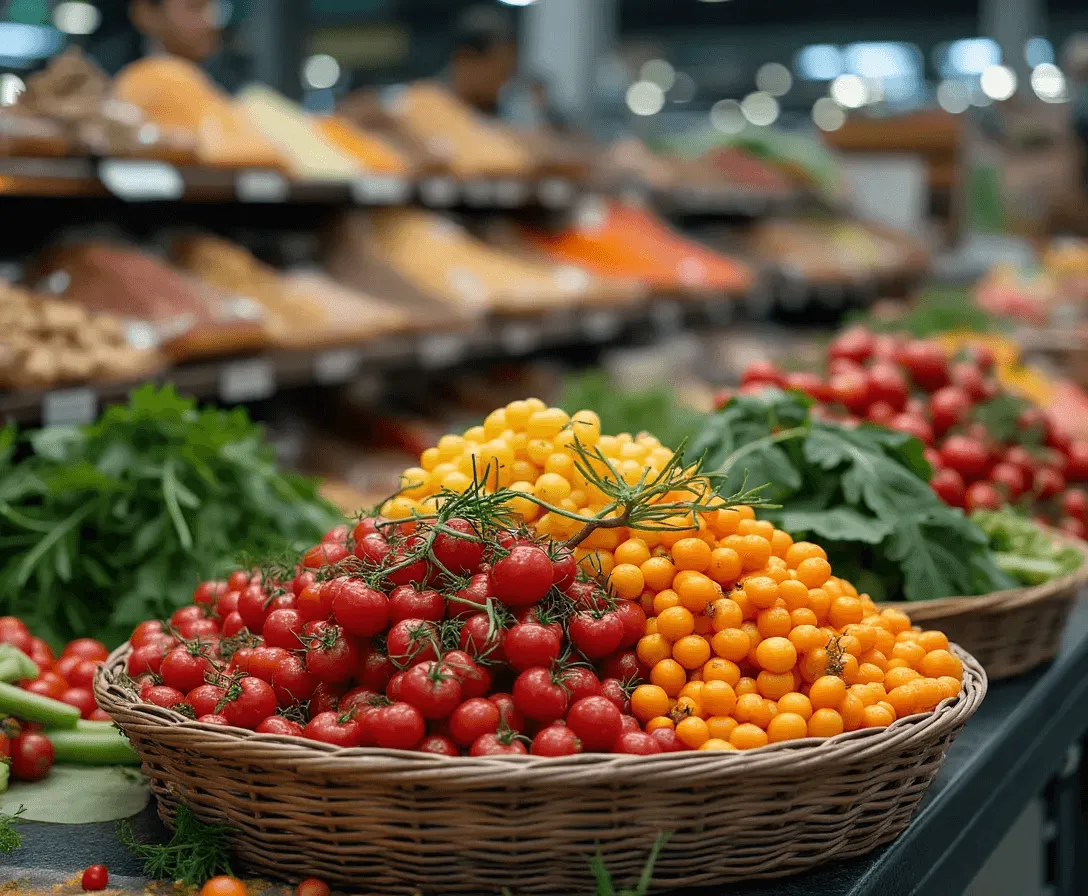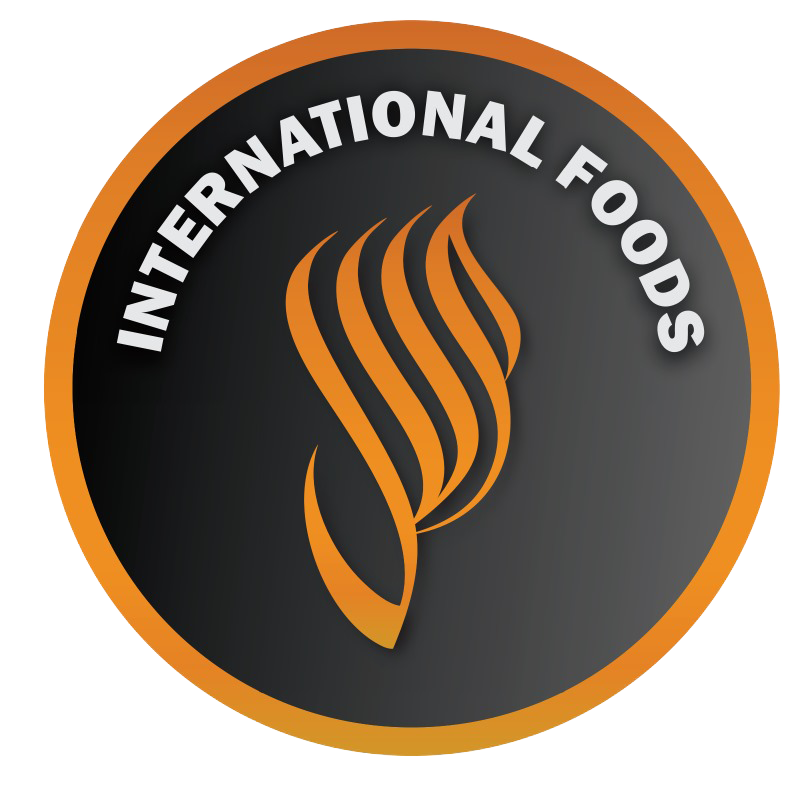Blogs

The Booming Halal Food Market in the USA: A Trend Beyond Faith
In recent years, the United States has witnessed a
remarkable surge in the demand for halal food products. This growth isn't just
a reflection of the increasing Muslim population; it's a phenomenon that's
capturing the attention of consumers from all walks of life. Let's delve into
the factors driving this trend and explore what it means for businesses and
consumers alike.
What is Halal Food?
Before we dive in, let's clarify what "halal"
means. The Arabic term translates to "permissible" and refers to food
products that adhere to Islamic dietary laws. This includes specific guidelines
for animal slaughter, ensuring minimal suffering and cleanliness. But halal
isn't just about meat – it extends to dairy, beverages, dry goods, and even
cosmetics and pharmaceuticals, all of which must be free from haram (forbidden)
ingredients like alcohol or pork derivatives.
The Numbers Don't Lie
The growth of the halal food market in the USA is nothing
short of impressive. With the Muslim population expected to double by 2050,
according to Pew Research, the demand for halal-certified products is
skyrocketing. But here's the kicker – it's not just Muslims driving this
growth.
Beyond Religious Observance
Interestingly, a significant number of non-Muslim consumers
are embracing halal food. Why? It boils down to perceived quality, ethical
considerations, and health consciousness. Halal food preparation emphasizes
cleanliness and animal welfare, which resonates with consumers seeking organic,
free-range, and ethically sourced products.
The Halal Food Trend
As Americans become more adventurous in their culinary
explorations, halal cuisine from Middle Eastern, South Asian, and North African
cultures is gaining popularity. From hummus and falafel to kebabs and biryani,
these flavors are becoming mainstream. The rise of fusion food has also played
a part, with halal burgers, tacos, and pizzas becoming trendy options in urban
areas.
E-Commerce: A Game Changer
The digital revolution has been a boon for the halal food
market. Online grocery platforms and specialty halal food websites have made
these products accessible to consumers across the country, even in areas with
limited local options. This convenience has significantly boosted the market's
growth.
Business Opportunities Abound
For businesses, the expanding halal food market presents a
goldmine of opportunities. Whether you're a restaurant owner, grocery store
operator, or food producer, offering halal-certified products can help you tap
into this rapidly growing market segment. Benefits include:
1- Increased consumer trust
2- An expanded customer base
3- International trade opportunities
4- Product line diversification
The Role of Certification
Halal certification plays a crucial role in this market. It
ensures that products meet the necessary standards and gives consumers peace of
mind. For businesses, obtaining halal certification can be a game-changer,
opening doors to a broader consumer base and even international markets.
Looking Ahead
As we look to the future, it's clear that the halal food
market in the USA is more than just a passing trend. It's a reflection of
changing consumer preferences, an increasingly diverse population, and a
growing awareness of food sourcing and preparation methods.
For consumers, this growth means more options, better
accessibility, and a wider range of culturally diverse food choices. For
businesses, it represents an opportunity to expand, innovate, and cater to an
increasingly conscious and diverse customer base.
The halal food market's growth is a testament to the
evolving American palate and the increasing importance of transparency and
ethical considerations in our food choices. As this market continues to expand,
it's exciting to imagine the new flavors, products, and dining experiences that
will emerge, enriching the American culinary landscape for all.

